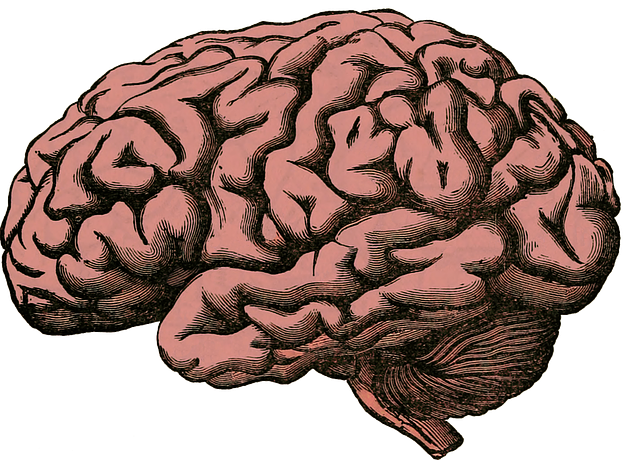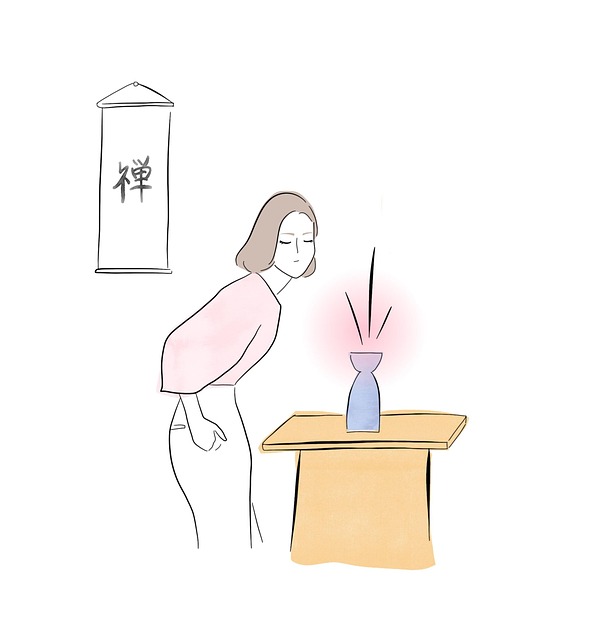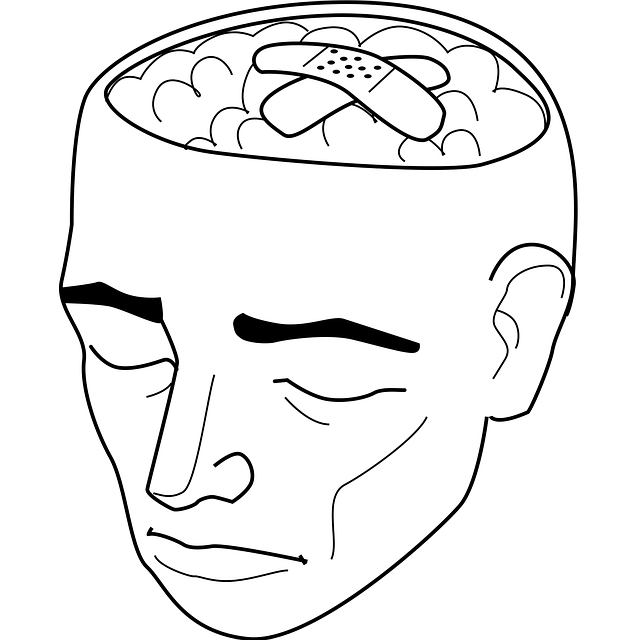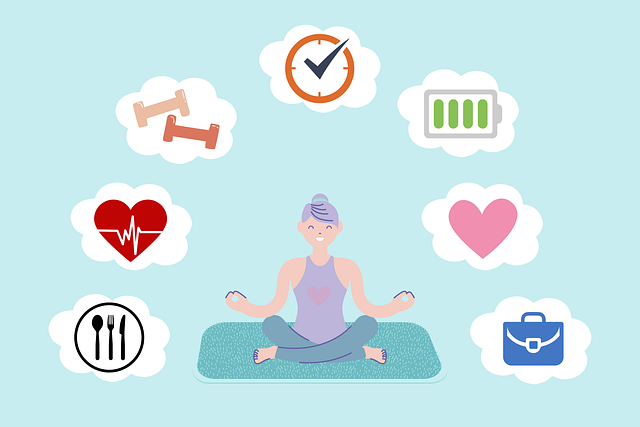Mindfulness meditation, enhanced by dedicated spaces and breathing exercises, is a powerful tool for self-care. Westminster Bariatric Evaluations Therapy recommends integrating mindfulness into daily life as a holistic approach to stress reduction and mental well-being. Short daily sessions can significantly improve mental health, supported by resources like Trauma Support Services and Mental Health Policy Analysis. By focusing on present-moment awareness and gentle thought navigation, individuals can better regulate emotions and navigate challenging situations effectively.
“Unwind and embrace a sense of calm with mindfulness meditation, a powerful tool for enhancing mental clarity and overall well-being. This beginner’s guide offers a comprehensive journey into the practice, from understanding its fundamentals to creating a peaceful sanctuary for your sessions. We explore breathing techniques, strategies for managing wandering thoughts, and practical tips for integrating mindfulness into daily routines, all inspired by the expertise of Westminster Bariatric Evaluations Therapy.”
- Understanding Mindfulness Meditation: A Beginner's Overview
- Setting the Stage: Creating Your Ideal Meditation Space
- Breath is the Key: Techniques for Focused Breathing
- Navigating Thoughts: How to Handle Wandering Minds
- Integrating Mindfulness into Daily Life: Practical Tips from Westminster Bariatric Evaluations Therapy
Understanding Mindfulness Meditation: A Beginner's Overview

Mindfulness meditation is a practice that encourages individuals to focus on the present moment, observing their thoughts and sensations without judgment. It’s about cultivating awareness in everyday life, helping to reduce stress, improve mental clarity, and enhance overall well-being. For beginners, this can seem daunting, but with consistent practice, it becomes a powerful tool for self-care.
The process involves sitting comfortably, closing your eyes, and bringing your attention to your breath. As thoughts arise, you gently guide your focus back to the sensation of air flowing in and out. This simple act trains your mind to stay grounded in the here and now. Westminster Bariatric Evaluations Therapy can benefit from mindfulness as a complementary practice, promoting mental wellness alongside physical health evaluations. Incorporating this into daily routines, even just a few minutes each day, can contribute to better stress management and improved mental health, with support also available through Trauma Support Services and Mental Health Policy Analysis and Advocacy resources.
Setting the Stage: Creating Your Ideal Meditation Space

Creating your ideal meditation space is a crucial step in setting the stage for a successful mindfulness practice. Consider your environment as an opportunity to cultivate a sense of calm and peace. Choose a quiet area, free from distractions, where you can be undisturbed for the duration of your session. This could be a dedicated corner in your home, a serene spot in nature, or even a comfortable chair in a tranquil room. Personalize your space with items that inspire and relax you—a soft cushion, candles, soothing artwork, or plants can all contribute to an environment conducive to mindfulness.
Remember, the key is to make it inviting and intimate. In the context of Westminster Bariatric Evaluations Therapy, promoting self-care practices through stress reduction methods like meditation can be a transformative step towards better mental health. By setting aside time and space for yourself, you’re taking charge of your well-being—a simple yet powerful act that can positively impact your overall lifestyle and relationships.
Breath is the Key: Techniques for Focused Breathing

Breath is the key to unlocking the benefits of mindfulness meditation. It’s a simple yet powerful tool that can help center your mind and calm your body. During meditation, focus on your inhalation and exhalation, paying close attention to the sensation of air filling your lungs and moving through your nasal passages. This awareness acts as an anchor, keeping you present in the moment.
Imagine each breath as a gentle wave, carrying away tension and stress with every exhale. Techniques like 4-7-8 breathing—inhaling for 4 seconds, holding for 7, and exhaling for 8—can enhance this practice. Incorporating mindful breathing into your routine, whether during formal meditation sessions or throughout the day, can significantly contribute to your mental health and well-being, even supporting efforts in areas like Westminster Bariatric Evaluations Therapy, Mental Health Policy Analysis and Advocacy, and Community Outreach Program Implementation for a holistic approach to community wellness.
Navigating Thoughts: How to Handle Wandering Minds

Navigating Thoughts is a crucial aspect of mindfulness meditation practice. As your mind wanders—which is natural and common—it’s essential to gently guide it back to the present moment. This process involves acknowledging your thoughts without judgment, allowing them to come and go like clouds in the sky. When you notice your mind has wandered off during meditation, take a deep breath and gently bring your focus to your breath or the chosen meditation object. This practice fosters mindfulness, helping you develop greater self-awareness and emotional regulation skills that can extend beyond meditation sessions.
The ability to manage wandering minds is not just a meditative skill; it’s also valuable in daily life, particularly when dealing with stressors similar to those encountered during Westminster Bariatric Evaluations Therapy or navigating complex emotions. Engaging in regular mindfulness practices like these, along with Healthcare Provider Cultural Competency Training and Crisis Intervention Guidance, can enhance your overall well-being. Additionally, participating in Stress Management Workshops Organization may provide further tools to manage stress and maintain mental balance, even during challenging times.
Integrating Mindfulness into Daily Life: Practical Tips from Westminster Bariatric Evaluations Therapy

Integrating mindfulness into daily life is a valuable skill taught by Westminster Bariatric Evaluations Therapy, a leading provider in mental health services. They emphasize that mindfulness isn’t just for specific meditation sessions; it’s a way of being. Practical tips include setting aside 10 minutes each day for mindful breathing exercises, focusing on the present moment without judgment. This simple practice can significantly reduce stress and improve emotional regulation.
Westminster Bariatric also encourages individuals to incorporate mindfulness during routine tasks, like eating or walking. By paying close attention to sensory experiences, one can enhance mental health awareness and cultivate a deeper connection with oneself. These strategies not only promote relaxation but also foster a sense of balance and clarity in an increasingly busy world.
Mindfulness meditation is a powerful tool for improving mental and emotional well-being, as demonstrated by studies like those conducted by Westminster Bariatric Evaluations Therapy. By understanding the basics, creating a suitable environment, mastering breathing techniques, and integrating mindfulness into daily routines, beginners can embark on a journey of self-discovery and stress reduction. Whether you’re looking to enhance focus, improve mental clarity, or simply find moments of peace in your hustle and bustle life, these practices offer a simple yet profound way to transform your mind and overall experience.














